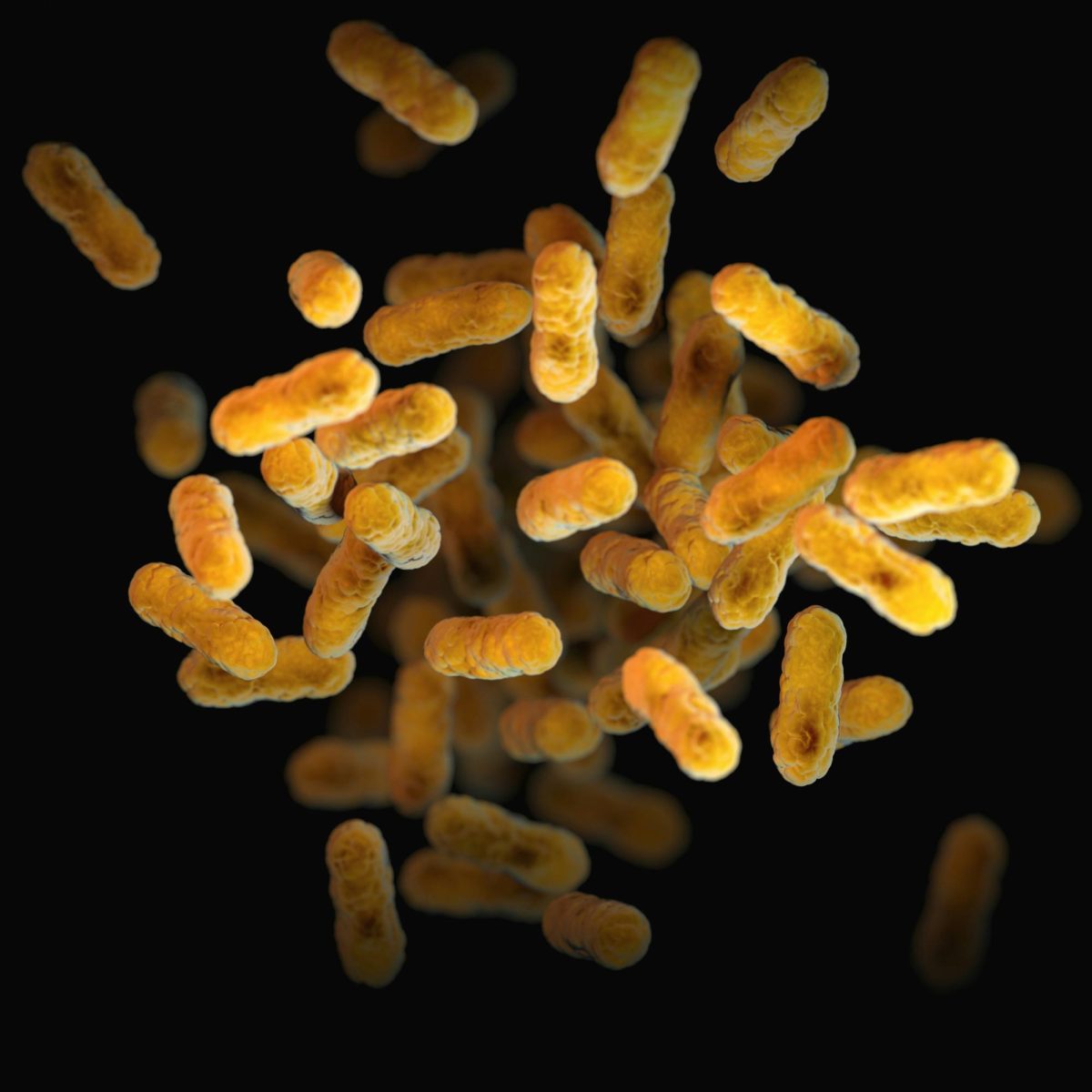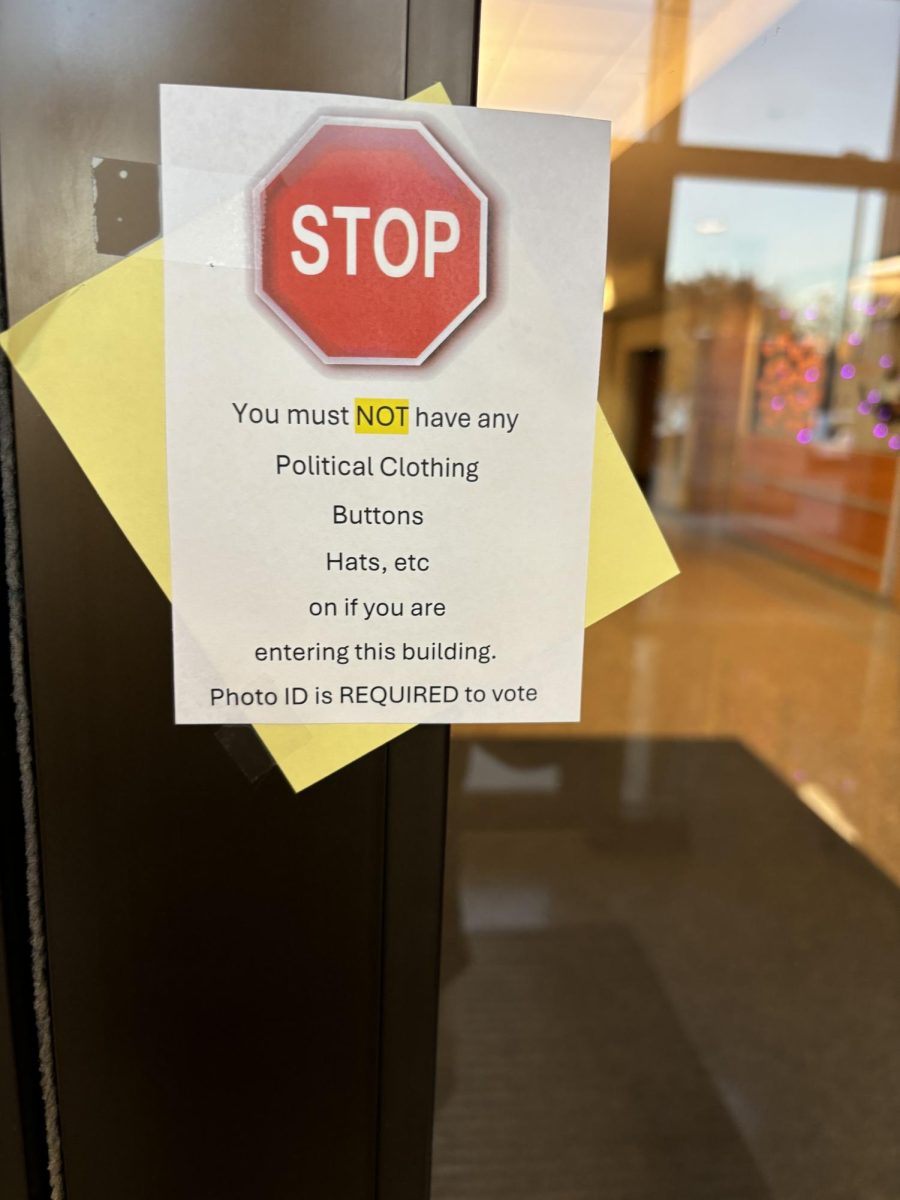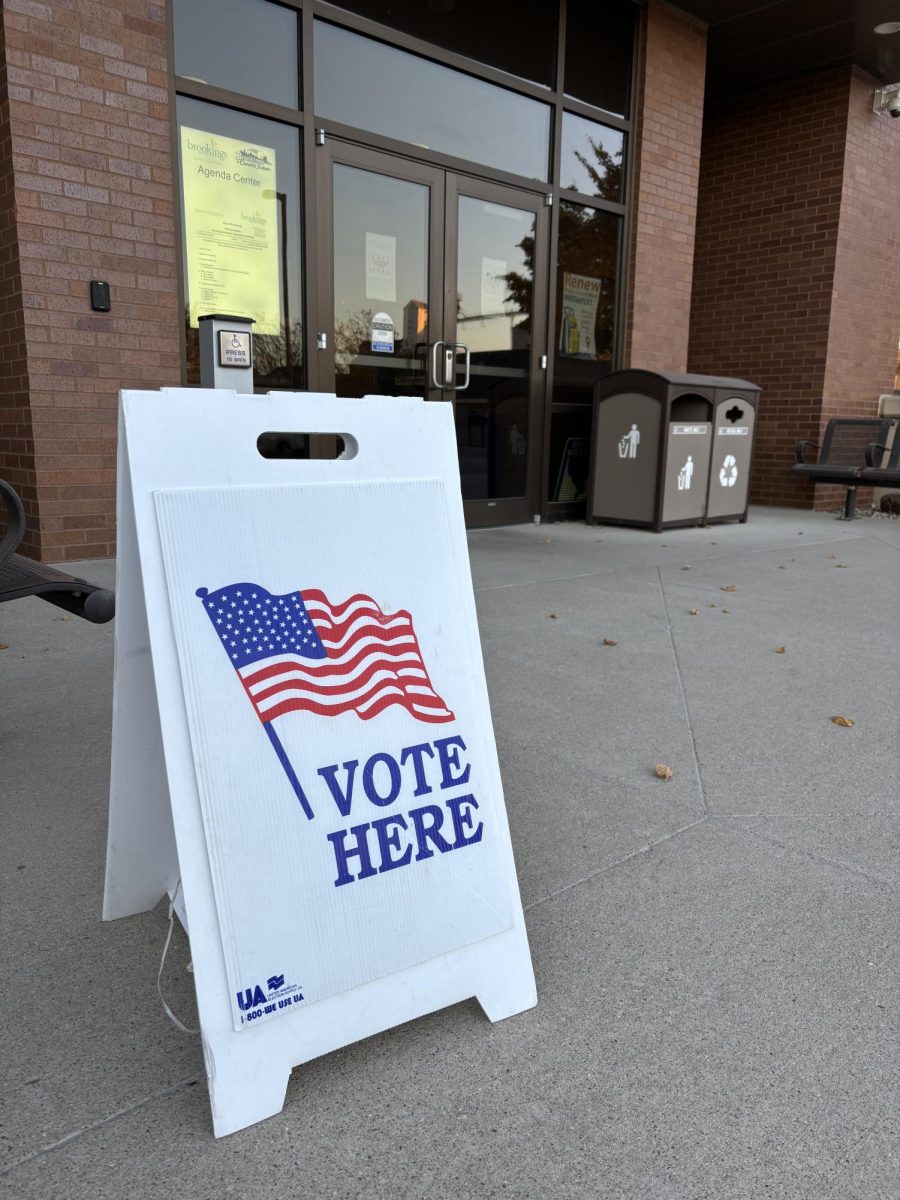When does liquid courage become liquid dependence?
April 20, 2016
Let’s face it, college can suck sometimes. It can really suck.
Most of the time, college is a fulfilling experience that teaches students independence and life lessons, but then there are those points when everything piles up at once and the feeling of suffocation kicks in.
What does one do? What can they do? They need something to help them get a release, to forget everything for a bit. They need a coping method. This is where alcohol comes in.
One’s first encounter with alcohol can start out innocent enough. Perhaps they just want to try something new. Perhaps they just want to fit in. Whatever the reason might be, almost everyone is bound to try alcohol at least once in their life, which, personally, I feel is OK. But when that first sip of alcohol turns into countless sips, that is where trouble occurs.
Even between the ages of 18 to 22 years old, it is possible for college students to become addicted to alcohol. And once addiction sets in, it is a slippery slope.
Why does addiction with alcohol occur? Some may blame it on weak willpower or the intention of just trying to seem cool, but addiction goes further than that. According to The University of California at San Francisco, when one consumes alcohol, endorphins release into the nucleus accumbens and the orbitofrontal cortex regions within the brain.
Endorphins are essentially proteins that are responsible for good feelings and pleasure, so when they are released into the nucleus accumbens (the region of the brain linked to addictive behavior) and the orbitofrontal cortex (the region of the brain linked to decision-making) a bad result is bound to occur.
With all this being said, it is plain to see how addiction can occur at a biological level. Once a person starts feeling really good from alcohol consumption, they are bound to drink more to try and increase those feelings of satisfaction. Once the feeling goes away, they will crave it once more, and thus, begin a vicious cycle of binge drinking.
The dangers of drinking can range anywhere from accidental pregnancy to death. So with the dangers of drinking and the knowledge of alcohol’s addictiveness being known, why do students still choose to drink to the point where they become addicted to it?
They use it as a coping method. No matter how you break it down, drinking is always used to forget something. Just failed a test? Take a shot. Just broke up with someone? Drink a beer. Just want to unwind from the day and forget the tedious tasks that everyday life brings? Mix a drink. Just want to overcome shyness and become a social butterfly? Ride the rail.
I am a firm believer that excessive drinking can always be linked to coping with something. I will admit it, I have drank before with the intent of getting plastered just so I can forget about life’s troubles for a while. Is the massive hangover the next day always worth it? Definitely not. But drinking is one of the easiest coping methods, so that is why it remains relevant. But honestly, there are other, healthier ways to cope.
A student can cope by working out, reading, playing an instrument, learning something new, hanging with friends, talking with friends, going for runs, etc. There are so many ways to deal with everyday troubles in a healthy manner. One’s life should never be put on the line when it comes to merely trying to cope.
College is hard, and everyone is in the same boat. Coping is necessary and most people would not judge if a person copes by getting wasted one night. But when that one night turns into a week and then into a month, that is when problems occur. Remember, there is always an alternative way to cope other than drinking, the hard part is just finding the right coping method.
Jordan Bierbrauer is the Opinion Editor for The Collegian and can be reached at [email protected].





















